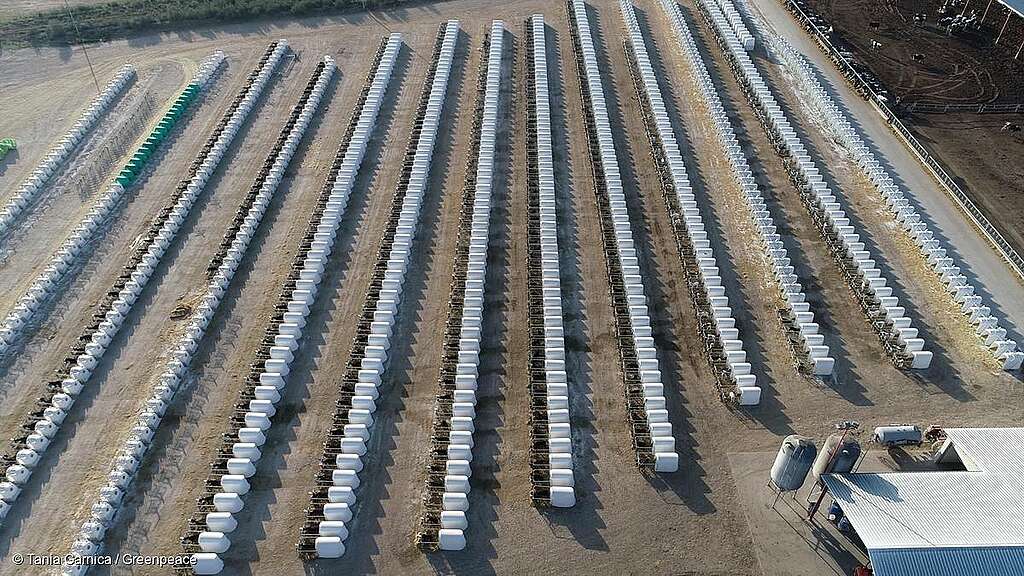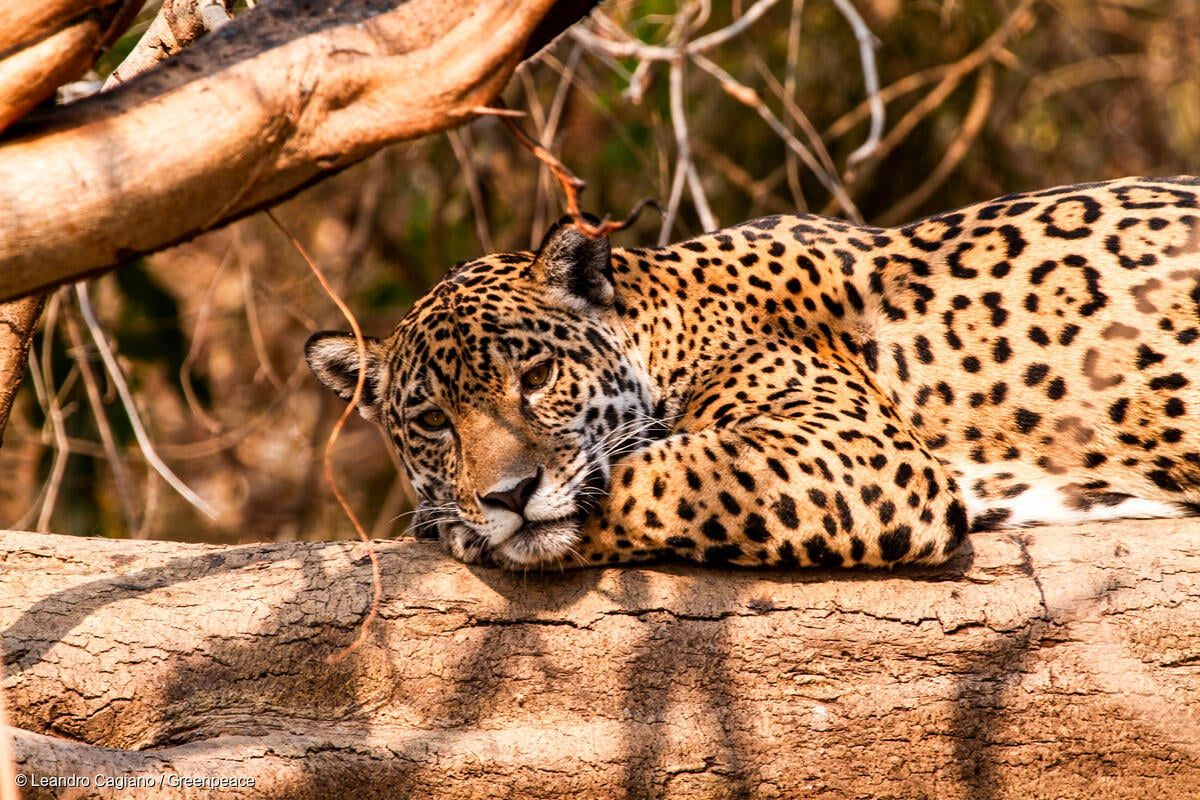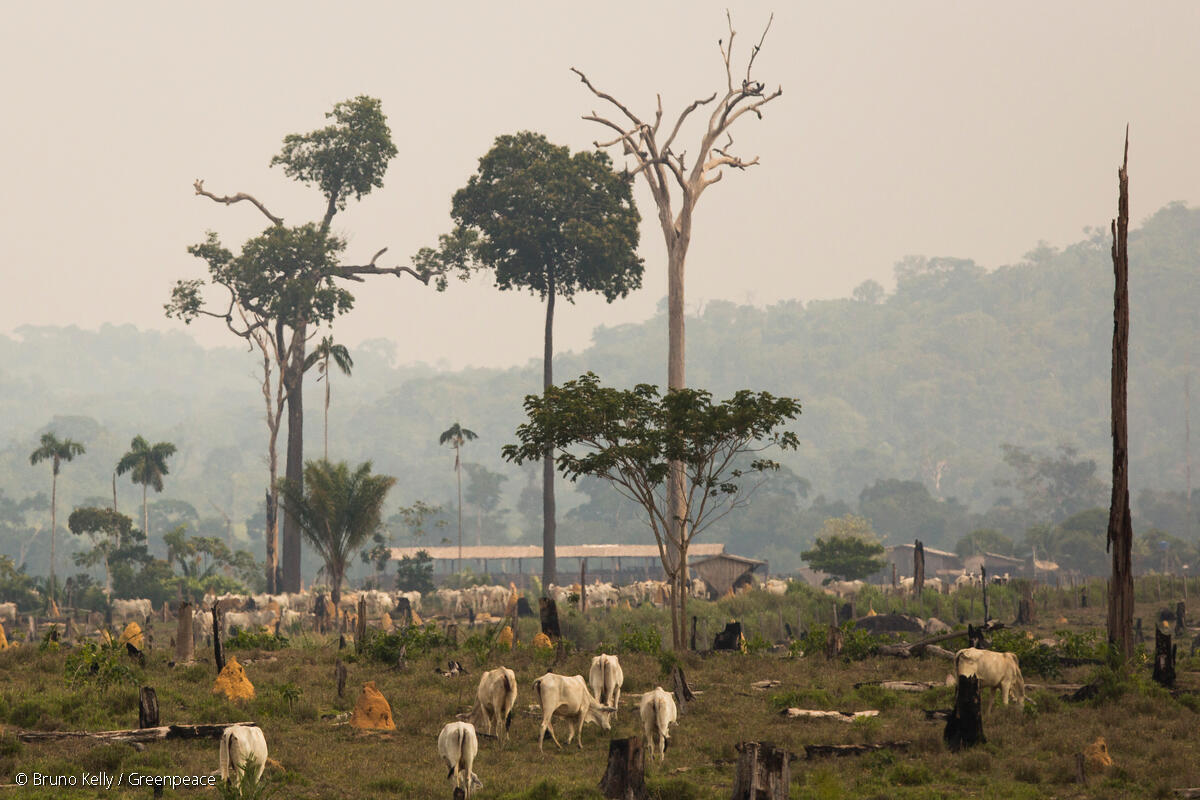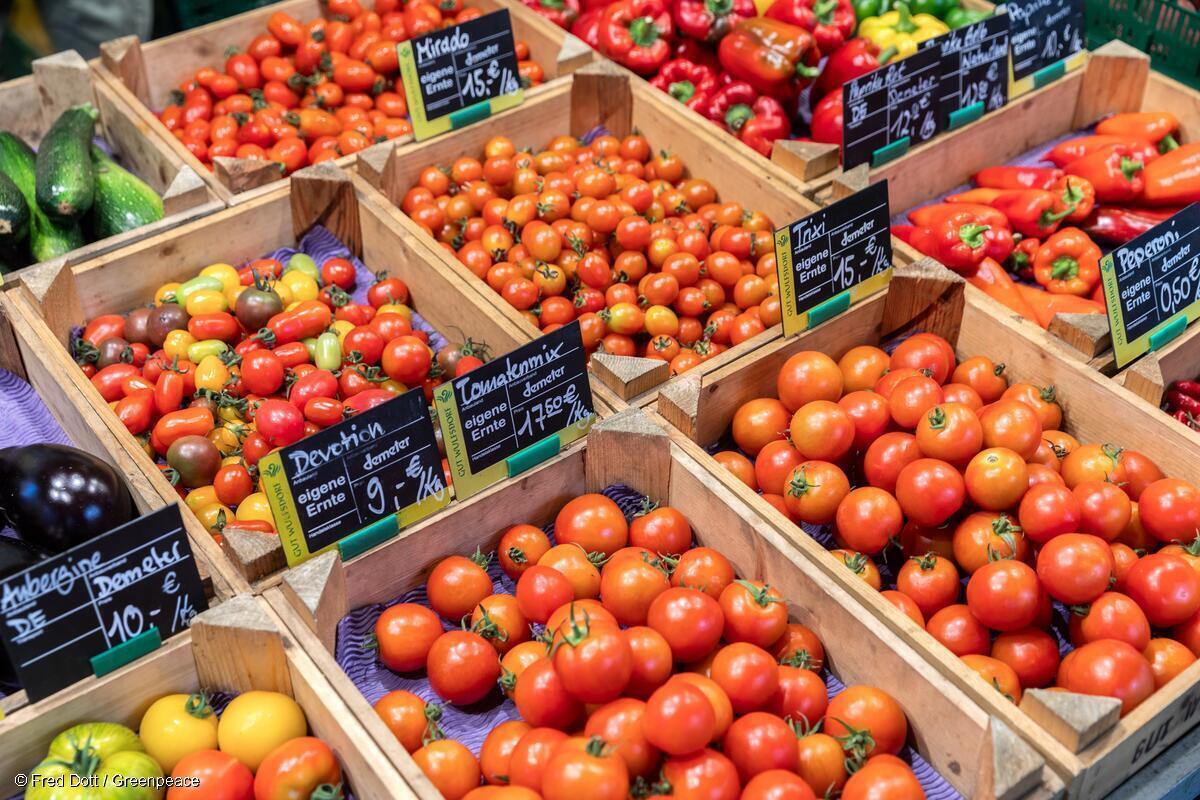Brussels – In a blow to the climate, nature and the vast majority of EU livestock farmers, EU lawmakers agreed to give the most polluting factory farms an exemption from the EU’s industrial pollution rules. Negotiators from the European Parliament, European Commission and national governments excluded the biggest cattle farms from the revised EU industrial emissions directive.

Agri-business lobbyists, together with liberal, conservative and right-wing MEPs from the agriculture committee, managed to block any broadening of the scope of the EU’s industrial pollution rules. They argued that the proposed rules would have negatively affected small and medium family farms across the EU, despite the proposals on the negotiating table only addressing 1% of all cattle farms in Europe.
Marco Contiero, Greenpeace EU agriculture policy director, said: “This is a farce. Agri-lobbyists and their conservative political allies have fed us the line that family farms would suffer from these pollution rules, when it’s clear that over 99% of cattle farms wouldn’t have been affected. You have to ask yourself why these politicians fought so hard to give the 1% biggest cow factories, the absolute most polluting, a free pass. The European countryside is drowning in manure, and our clean air, fresh water and safe climate are going down the drain with it.”
Negotiators agreed that the updated law should cover more pig farms, now applying to those with over 1,200 animals, with the exception of organic pig farms or farms managed in an extensive manner. The EU’s current industrial emissions rules already cover pig farms with more than 2,000 pigs. The threshold for farms rearing chickens for meat to be covered by the law remains unchanged, at 40,000 chickens, while for egg farms the new threshold is over 21,500 laying hens, down from the previous threshold of 40,000.
By 31 December 2026 the European Commission will have to assess what action will be needed to address polluting emissions from the EU livestock sector, including the question of covering cattle farms in the industrial emissions rules.
Background information
EU agricultural production, and animal farming in particular, is responsible for 93% of the EU’s ammonia pollution and the livestock sector alone accounts for 54% of methane emissions, mostly from cattle. The law currently in force only covers farms responsible for 18% of ammonia emissions and 3% of methane emissions.
In April 2022, the European Commission proposed to include industrial cattle farms as well as more pig and poultry industrial installations in the scope of the law. Environment ministers and MEPs from the Environment Committee agreed with the Commission to broaden the scope of the industrial emissions rules, but politicians in the Parliament’s Agriculture Committee fiercely opposed and a coalition of conservative, liberal and right-wing politicians formed a majority in the Parliament to attempt to block extending the rules to cattle farms or more pig and poultry farms. The three-way negotiations have not managed to extend the rules to cover cattle farms, and managed to cover only slightly more pig and poultry farms.
Next steps
The deal reached by the European Parliament, European Commission and national governments will now have to be formally approved by the European Parliament and national ministers.
Contacts:
Marco Contiero, Greenpeace EU agriculture policy director: +32 (0)477 77 70 34, [email protected]
Greenpeace EU press desk: +32 (0)2 274 1911, [email protected]
For breaking news and comment on EU affairs: www.twitter.com/GreenpeaceEU
Greenpeace is an independent global campaigning network that acts to change attitudes and behaviour, to protect and conserve the environment and to promote peace. We do not accept donations from governments, the EU, businesses or political parties. Greenpeace has over three million supporters, and 26 independent national and regional organisations with offices in more than 55 countries.
EU Transparency Register: 9832909575-41



